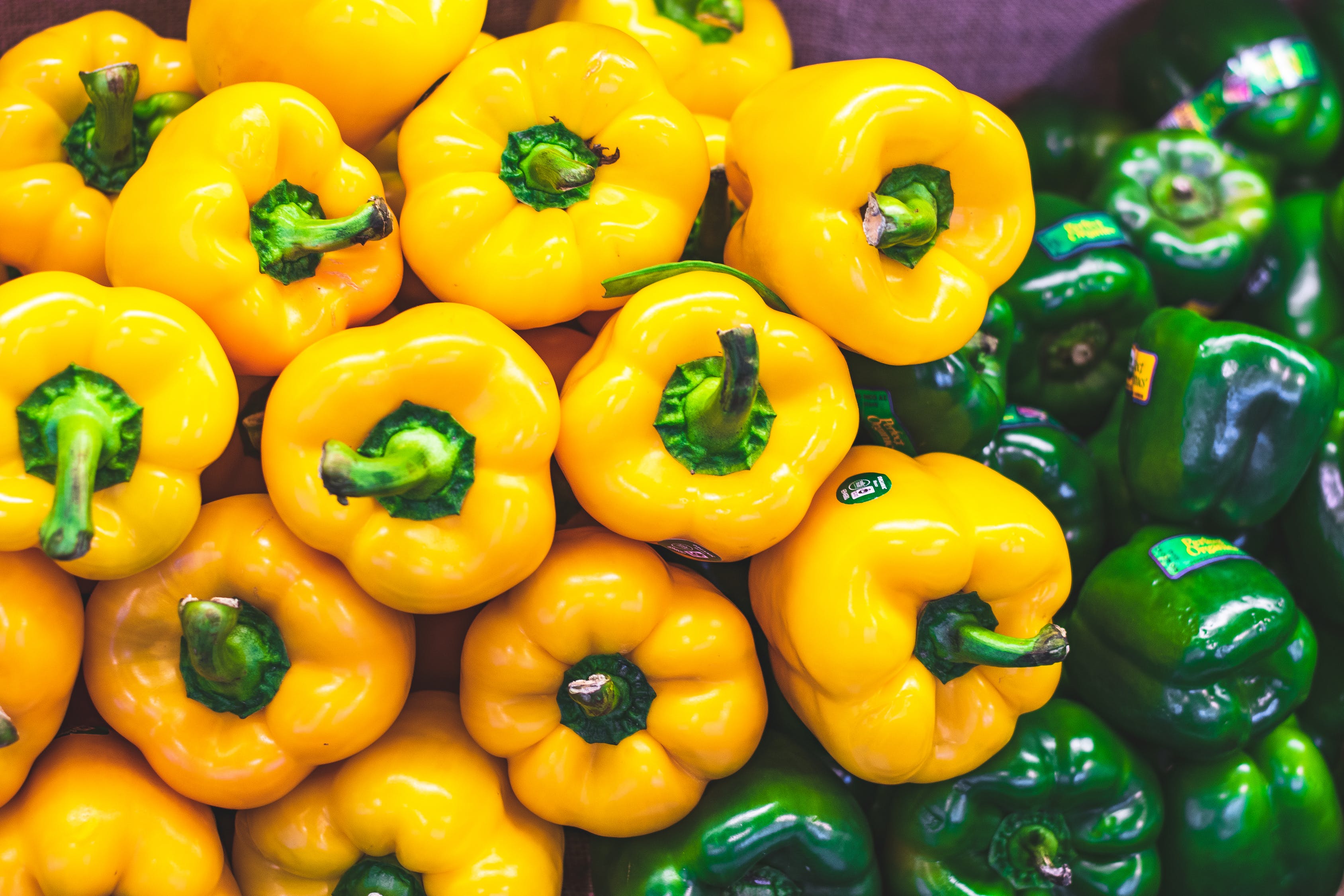By Fredrique Achieng
Capsicum farmer Evelyne Mwangi has seen her income fall by nearly three-quarters in recent weeks as the corona epidemic has stopped flights to Asia that were carrying produce to two of her main markets, China and South Korea.
Previously, Evelyne would earn around Sh17m per shipment, after deductions, but this has drastically reduced to Sh9m per shipment as she ships lower quantities to fewer markets.
Before last month, she was sending out shipments of around seven tonnes each four times a week to her main markets in China, South Korea and the United Kingdom, but now she is sending just four tonnes per consignment to the UK only, and that only once or twice week, because of the reduced number of flights leaving the country.
“Even though fresh produce vegetables demand has not gone down like that of flowers, since people still have to eat, we still feel the effects of the lockdowns. This is because fewer and fewer flights are going out,” said Evelyne.
On top of that, most of her foreign clients are processing firms that process capsicum to powder, and some of them are struggling to maintain their manufacturing.
“Almost 90 per cent of my produce is normally sent to Asia (China and South Korea), and a bit to Europe, but for my Asian market, my demand has reduced by half because processing plants are being closed down due to imposed lockdowns to slow the spread of the virus. I am only left with the UK market,” she said.
“With the restriction of movement around the globe my profits have been cut by more than half and this is just a few months into key export countries closing down their borders.”
It’s a contraction that has left her unable to maintain her 200 staff, who are involved in the process of planting, harvesting and packing, and she is now looking at laying off around half of them.
In this, capsicum farming already has its own challenges, such as insecticide resistant pest and weeds, but the corona epidemic has made matters worse. “We are now forced to sell our products to local buyers, who are an alternative source of income for us, but still do not give us as much promise as exports, since the local market is already flooded.”
To local buyers, Evelyne used to sell a kilo of capsicum for Sh70, but since the pandemic she now sells for Sh50, compared to international markets where she used to sell a kilo for Sh120.

“If the pandemic will prolong there will be not just an economic crisis but also food crisis around the world. This is because the food supply chain is an intricate system involving farm inputs, farmers, processing plants among others,” says Maximo Torero Cullen, chief economist at the United Nations Food and Agriculture Organization (FAO).
In addition to the new constraints on export sales, the farming industry relies on imported farm inputs, such as fertilisers and pesticides, with many farmers worried that if the virus continues to wreak havoc around the globe, it will mean more and more crops succumb to pests and diseases.
“I know for sure that this pandemic will end, the only thing I am worried about is when and if we shall be able to stay strong until then,” said Evelyne.